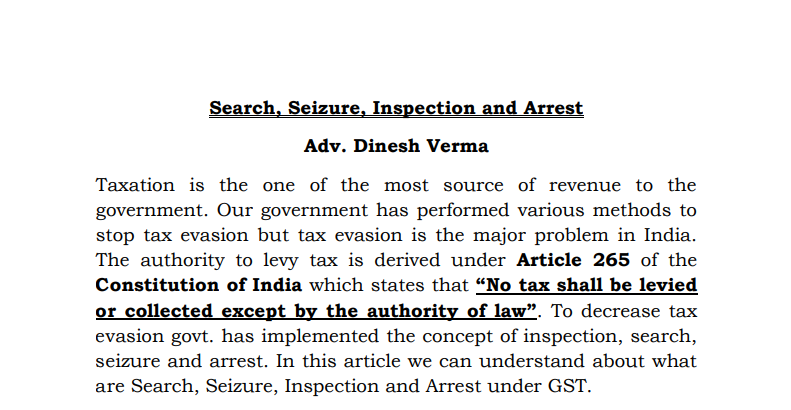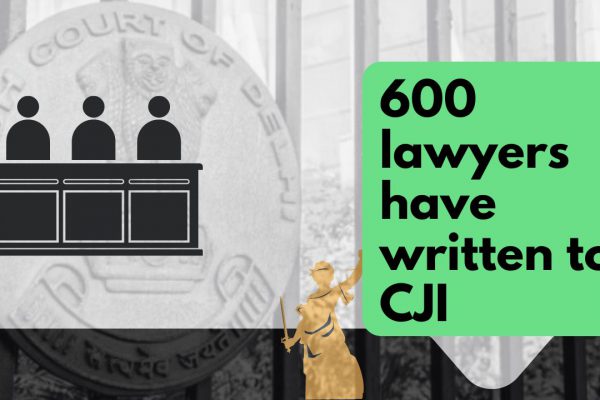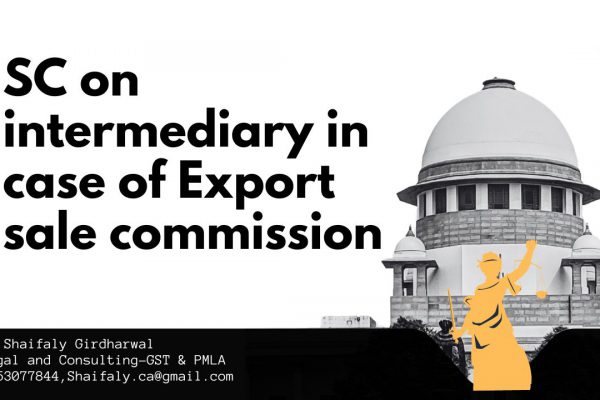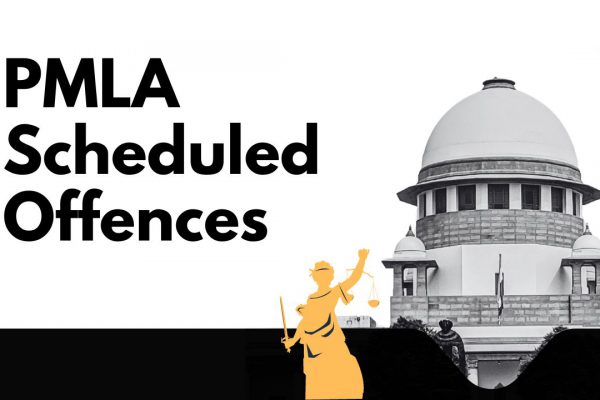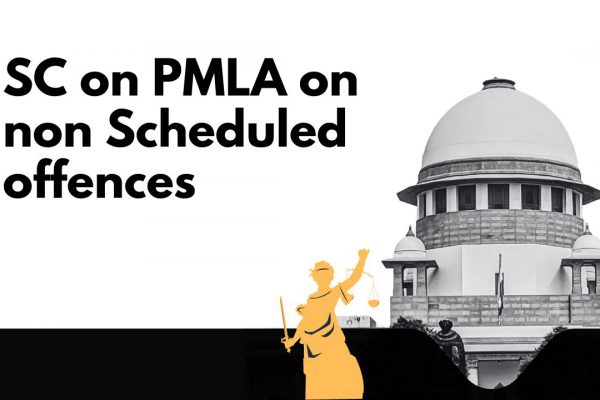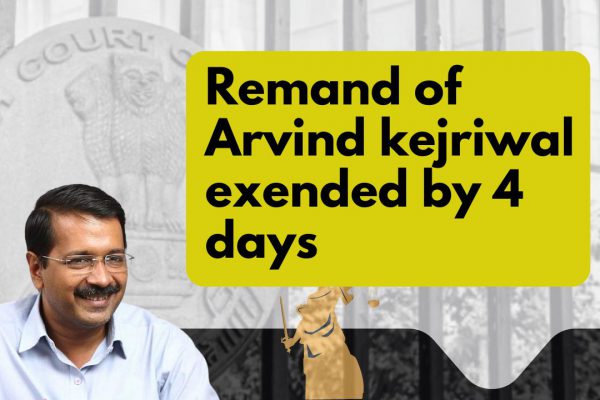Search, Seizure, Inspection, and Arrest
- Search, Seizure, Inspection, and Arrest
- 1) Search
- 2) Seizure
- 3) Inspection
- 4) Arrest
- 5) Section 67 of the CGST Act, 2017
- 6) Safeguards:
- 7) Section 68 Inspection of Goods in Movement
- 8) Section 69 Power to Arrest
- • Offences Where Arrest Allowed
- • Offences, where Arrest is not allowed
- Safeguards:
- 9) Conclusion
- Read the Copy:
Search, Seizure, Inspection, and Arrest
Taxation is one of the most sources of revenue to the government. Our government has performed various methods to stop tax evasion but tax evasion is the major problem in India. The authority to levy tax is derived under Article 265 of the Constitution of India which states that “No tax shall be levied or collected except by the authority of law”. To decrease tax evasion govt. has implemented the concept of inspection, search, seizure and arrest. In this article, we can understand what are Search, Seizure, Inspection and Arrest under GST.
1) Search
The term ‘search’, in simple language, denotes an action of government machinery to go, look through or examine carefully a place, area, person, object etc. in order to find something concealed or for the purpose of discovering evidence of a crime. The search of a person or vehicle or premises etc. can only be done under the proper and valid authority of law.
2) Seizure
In Law Dictionary ‘seizure’ is defined as the act of taking possession of the property by an officer under the legal process. It generally implies taking possession forcibly contrary to the wishes of the owner of the property or who has the possession and who was unwilling to part with the possession.
3) Inspection
It is a softer provision than search to enable officers to access any place of business of a taxable person and also any place of business of a person engaged in transporting goods or who is an owner or an operator of a warehouse or godown.
4) Arrest
The term ‘arrest’ has not been defined in the GST act. However, as per judicial pronouncements, it denotes ‘the taking into custody of a person under some lawful command or authority’. In other words, a person is said to be arrested when he is taken and restrained of his liberty by power or colour of lawful warrant.
5) Section 67 of the CGST Act, 2017
• As per Section 67 an officer not below the rank of Joint Commissioner to authorise in writing an inspection or search.
• Such authorization can be given only if the joint commissioner has reasons to believe that the person concerned has done one of the following:-
a) Suppressed any transaction of supply
b) Suppressed stock of goods in hand
c) Claimed excess in input tax credit
d) Contravened any provisions of the Act/Rule to evade tax.
• Authorisation can be given to any officer to carry out inspection of any of the following:-
a) The taxable person.
b) The transporter.
c) Owner/Operator of a warehouse/godown.
• Inspection is a softer provision than search and seizure. It allows access to premises to check whether the evasion of tax takes place.
• If inspection leads to a reason to believe that goods liable to confiscation or documents relevant for any proceeding are secreted any place, the premises may be then searched.
• Search warrant can be issued if Joint Commissioner has reasons to believe pursuant to an inspection or otherwise that goods liable to confiscation or any documents or books or things relevant to any proceedings are secreted in any place.
• During the search, the authorised officer can force the open door of any premises and break open any almirah, box, electronic devices etc. in which he suspects that any goods, accounts or documents are concealed and access to which is denied.
• The authorised officer can also seal the premises where the access is denied.
Related Topic:
Penalty & Seizure Under GST-Critical Appraisal
6) Safeguards:
Certain safeguards are provided in respect of the power of search and seizure. These are:
• Seized goods or documents should not be retained beyond the period necessary for their examination;
• Provisional release of seized goods upon execution of Bond and furnishing of sufficient security or on payment of applicable tax, interest and penalty
• Photocopies of the documents can be taken by the person from whose custody documents are seized;
• For seized goods, if a notice is not issued within six months of its seizure, goods shall be returned to the person from whose possession it was seized- Period of six months can be extended on justified grounds up to a maximum period of six months by a proper officer i.e. Principal Commissioner /Commissioner.
• An inventory of seized goods shall be made by the seizing officer;
• Certain categories of goods to be specified by Notification (such as perishable, hazardous nature goods etc.) can be disposed of immediately after seizure;
• Provisions of Code of Criminal Procedure 1973 (2 of 1974) relating to search and seizure shall apply- one important modification relates to sub-section (5) of Section 165 of Code of Criminal Procedure – instead of sending copies of any record made in course of search to the nearest Magistrate empowered to take cognizance of the offence, it has to be sent to the Commissioner of CGST/Commissioner of SGST.
• To check the tax invoices/bill of supply, the Commissioner can authorize to purchase any goods/services from the business premises of taxable person.
• Taxable person to refund the amount and cancel the tax invoice/ bills of supply on the return of goods.
7) Section 68 Inspection of Goods in Movement
• The central or state govt. may require the person in charge of a conveyance carrying any consignment of goods of value exceeding a specified amount to carry with him such documents may be prescribed and also to carry such devices with him in such manner as may be prescribed in this behalf.
• Where any conveyance referred to in sub-section (1) is intercepted by the proper officer (Inspector) at any place, he may require the person in charge of the said conveyance to produce the aforesaid documents and devices for verification, and the said person shall be liable to produce the documents and devices and also allow inspection of goods.
Related Topic:
Arrest Under GST And Code Criminal Procedure, 1973 For Bail
8) Section 69 Power to Arrest
• The Commissioner of CGST/SGST can authorise a CGST/SGST officer to arrest a person if he has reasons to believe that the person has committed an offence prescribed in clause (a) or clause (b) or clause (c) or clause (d) of subsection (1) of section 132 which is punishable under clause (i) or (ii) of sub-section (1), or sub-section (2) of the said section.
• Offences Where Arrest Allowed
(a) Supplies any goods or services or both without the issue of any invoice, in violation of the provisions of this Act or the rules made thereunder, with the intention to evade tax;
(b) Issues any invoice or bill without supply of goods or services or both in violation of the provisions of this Act, or the rules made thereunder leading to wrongful availment or utilisation of input tax credit or refund of tax;
(c) Avails input tax credit using such invoice or bill referred to in clause (b);
(d) Collects any amount as tax but fails to pay the same to the Government beyond a period of three months from the date on which such payment becomes due;
• Offences, where Arrest is not allowed
(e) Evades tax, fraudulently avails input tax credit or fraudulently obtains refund and where such offence is not covered under clauses (a) to (d);
(f) Falsifies or substitutes financial records or produces fake accounts or documents or furnishes any false information with an intention to evade payment of tax due under this Act;
(g) Obstructs or prevents any officer in the discharge of his duties under this Act;
(h) Acquires possession of, or in any way concerns himself in transporting, removing, depositing, keeping, concealing, supplying, or purchasing or in any other manner deals with, any goods which he knows or has reasons to believe are liable to confiscation under this Act or the rules made thereunder;
(i) receives or is in any way concerned with the supply of, or in any other manner deals with any supply of services which he knows or has reasons to believe are in contravention of any provisions of this Act or the rules made thereunder;
(j) tampers with or destroys any material evidence or documents;
(k) Fails to supply any information which he is required to supply under this Act or the rules made thereunder or (unless with a reasonable belief, the burden of proving which shall be upon him, that the information supplied by him is true) supplies false information; or
(l) Attempts to commit, or abets the commission of any of the offences mentioned in clauses (a) to (k) of this section,
Safeguards:
Certain safeguards provided under Section 69(3) for a person who is placed under arrest:
i. If a person is arrested for a cognizable offence, he must be informed of the grounds of arrest and he must be produced before a magistrate within 24 hours of his arrest;
ii. If a person is arrested for a non-cognizable and bailable offence, the Deputy/ Assistant Commissioner of CGST/SGST can release him on bail and he will be subject to the same provisions as an officer in charge of a police station under section 436 of the Code of Criminal Procedure, 1973;
iii. All arrest must be in accordance with the provisions of the Code of Criminal Procedure, 1973 relating to arrest.
In the case of D.K. Basu v. State of West Bengal reported in 1997 (1) SCC 416, the Hon’ble Supreme Court has laid down specific guidelines required to be followed while making arrests:
• Officer carrying out the arrest and handling the interrogation of the arrestee should bear accurate, visible and clear identification and name tags with their designations.
• The particulars of all such officials who handle interrogation of the arrestee must be recorded in a register.
• The officer carrying out the arrest shall prepare a memo of arrest at the time of the arrest
• Such memo shall be attested by at least one witness- either a member of the family of the arrestee or a respectable person of the locality from where the arrest made.
• Arrest memo be countersigned by the arrestee and must contain the time and date of arrest.
• A person who has been arrested or detained shall be entitled to have one friend or relative or other person known to him or having an interest in his welfare being informed, as soon as practicable, that he has been arrested and is being detained at the particular place.
• This is not required if the attesting witness of the memo of arrest is himself such a friend or a relative of the arrestee.
• The time, place of arrest and venue of custody of an arrestee must be notified by the arresting officer where the next friend or relative of the arrestee lives outside the district or town through the Legal Aid Organisation in the District and the police station of the area concerned telegraphically within a period of 8 to 12 hours after the arrest.
• An entry must be made in the diary at the place of detention regarding the arrest of the person
Related Topic:
SEARCH, SEIZURE AND RELEASE OF SEIZED GOODS
9) Conclusion
In any tax administration the provisions for inspection, Search, Seizure and Arrest are provided to protect the interest of genuine taxpayers (as the tax evaders, by evading the tax, get an unfair advantage over the genuine taxpayers) and as a deterrent for tax evasion. These provisions are also required to safeguards govt. legitimate dues. Thus these provisions act as a deterrent by checking evasion provide a level playing field to genuine taxpayers. It may be mentioned that Search, Seizure, Inspection and Arrest are exercised, only in exceptional circumstances and as a last resort, to protect the Government revenue. This power can be used only after keeping in mind of Principle of Natural Justice, issue of Show Cause Notice & other legislative law.
Related Topic:
Inspection, Search and Seizure- Legal Safeguards
Read the Copy:
If you already have a premium membership, Sign In.
 Advocate Dinesh Verma
Advocate Dinesh Verma


